The Ultimate Guide to Healthiest Alcoholic Beverages for Weight Loss | Kansas City Laser-Like Lipo®
The Ultimate Guide to Healthiest Alcoholic Beverages for Weight Loss: Kansas City Laser-Like Lipo®'s

Photo Credit: Shutterstock
In today's health-conscious world, many people are striving to maintain a healthy lifestyle while still enjoying a social drink now and then. If you're on a weight loss journey or simply want to make more mindful choices when it comes to your alcoholic beverages, you've come to the right place. At Kansas City Laser-Like Lipo®, we understand the importance of finding the healthiest alcoholic options that won't derail your progress. In this comprehensive guide, we'll explore the alcoholic beverages with the least calories, minimal sugar, and maximum weight loss friendliness.
Part 1: Understanding the Impact of Alcohol on Weight Loss
Before we dive into the specific types of alcoholic beverages, it's crucial to understand how alcohol can affect your weight loss journey. Alcohol contains empty calories, meaning it provides energy without any significant nutritional value. Here's how it can impact your weight loss efforts:
1. Calories: Alcohol can be calorie-dense, with each gram providing seven calories. Some alcoholic beverages can be surprisingly high in calories, which can add up quickly.
2. Metabolism: Consuming alcohol can slow down your metabolism, making it easier for your body to store fat, particularly in the abdominal area.
3. Appetite: Alcohol can increase your appetite and lower your inhibitions, leading to overeating or making unhealthy food choices when you've been drinking.
4. Dehydration: Alcohol is a diuretic, causing increased urination and dehydration. Dehydration can slow down your metabolism and make it harder for your body to burn calories effectively.
With these factors in mind, let's explore the alcoholic beverages that offer the best options for those aiming to maintain or lose weight.
Part 2: The Healthiest Alcoholic Beverages for Weight Loss
1. Vodka
Vodka is a clear spirit known for its neutral flavor and low calorie count. It typically contains around 96 calories per 1.5-ounce (44 ml) serving and has zero carbs and sugar when consumed neat or with soda water. Choose flavored vodkas sparingly, as they may contain added sugars.
2. Tequila
Tequila, made from the blue agave plant, is another low-calorie option. A shot of tequila contains approximately 96 calories and zero carbs and sugar. Opt for 100% agave tequila for the purest and healthiest choice.
3. Gin
Gin is a classic spirit that is relatively low in calories, with approximately 97 calories per 1.5-ounce (44 ml) serving. When mixed with a calorie-free tonic water or soda water and a squeeze of fresh lime or lemon, gin can be a refreshing and waistline-friendly option.
4. Rum (in moderation)
Rum can vary in calorie content depending on the type and brand. Light rum generally contains around 96 calories per 1.5-ounce (44 ml) serving. However, be cautious with flavored rums, as they may have added sugars and higher calorie counts.
5. Whiskey
Whiskey, whether it's Scotch, bourbon, or rye, is a distilled spirit that typically contains around 96 calories per 1.5-ounce (44 ml) serving. Enjoy it neat or with a splash of water or soda for a low-calorie, sugar-free option.
6. Wine (in moderation)
Wine, particularly red wine, can be a decent choice if you're a wine enthusiast. A 5-ounce (148 ml) glass of red wine contains around 125 calories and minimal sugar. Red wine also offers potential health benefits due to its antioxidants and polyphenols.
7. Light Beer
If you prefer beer, opt for light beer options, which are lower in calories and carbohydrates compared to regular beer. A 12-ounce (355 ml) serving of light beer typically contains around 90-110 calories. Check the label for exact calorie counts, as they may vary by brand.
8. Champagne or Sparkling Wine
Champagne and sparkling wine are light and effervescent, making them a great choice for celebratory occasions. A 5-ounce (148 ml) glass of champagne contains approximately 90-120 calories and minimal sugar.
9. Hard Seltzers
Hard seltzers have gained popularity in recent years for their low calorie and low sugar content. Most hard seltzers contain around 100 calories per 12-ounce (355 ml) serving and are typically sugar-free or contain minimal added sugars.

Photo Credit: Shutterstock
Part 3: Tips for Mindful Alcohol Consumption
While these healthier alcoholic beverage options can be a better choice for weight-conscious individuals, it's essential to practice moderation and mindful drinking to achieve your weight loss goals. Here are some tips:
1. Limit your alcohol intake: Set a reasonable limit for how much alcohol you'll consume on any given occasion, and stick to it.
2. Stay hydrated: Drink water in between alcoholic beverages to stay hydrated and help mitigate the dehydrating effects of alcohol.
3. Choose wisely: Opt for the healthiest options from our list, and avoid sugary mixers or high-calorie cocktails.
4. Watch your portion size: Measure your drinks to ensure you're not inadvertently consuming more calories than you intended.
5. Be mindful of your food choices: Alcohol can lower inhibitions and lead to unhealthy eating decisions. Plan your meals and snacks in advance.
6. Don't drink and drive: Always have a designated driver or use alternative transportation options if you've been drinking.
7. Listen to your body: Pay attention to how alcohol affects your body and mood, and adjust your consumption accordingly.
Part 4: Conclusion
At Kansas City Laser-Like Lipo®, we understand the importance of maintaining a healthy lifestyle while enjoying life's pleasures, including the occasional drink. By choosing the healthiest alcoholic beverages with the least calories and sugar, you can make responsible choices that align with your weight loss goals.
Remember, moderation and mindful drinking are key to successfully incorporating alcohol into your healthy lifestyle. By making informed choices and following the tips provided in this guide, you can enjoy the occasional drink while staying on track with your weight loss journey. Cheers to a healthier you!
Disclaimer: It's essential to consult with a healthcare professional or nutritionist before making significant changes to your diet or alcohol consumption, especially if you have underlying health conditions or are taking medications that may interact with alcohol. This article is for informational purposes only and should not be considered medical advice.

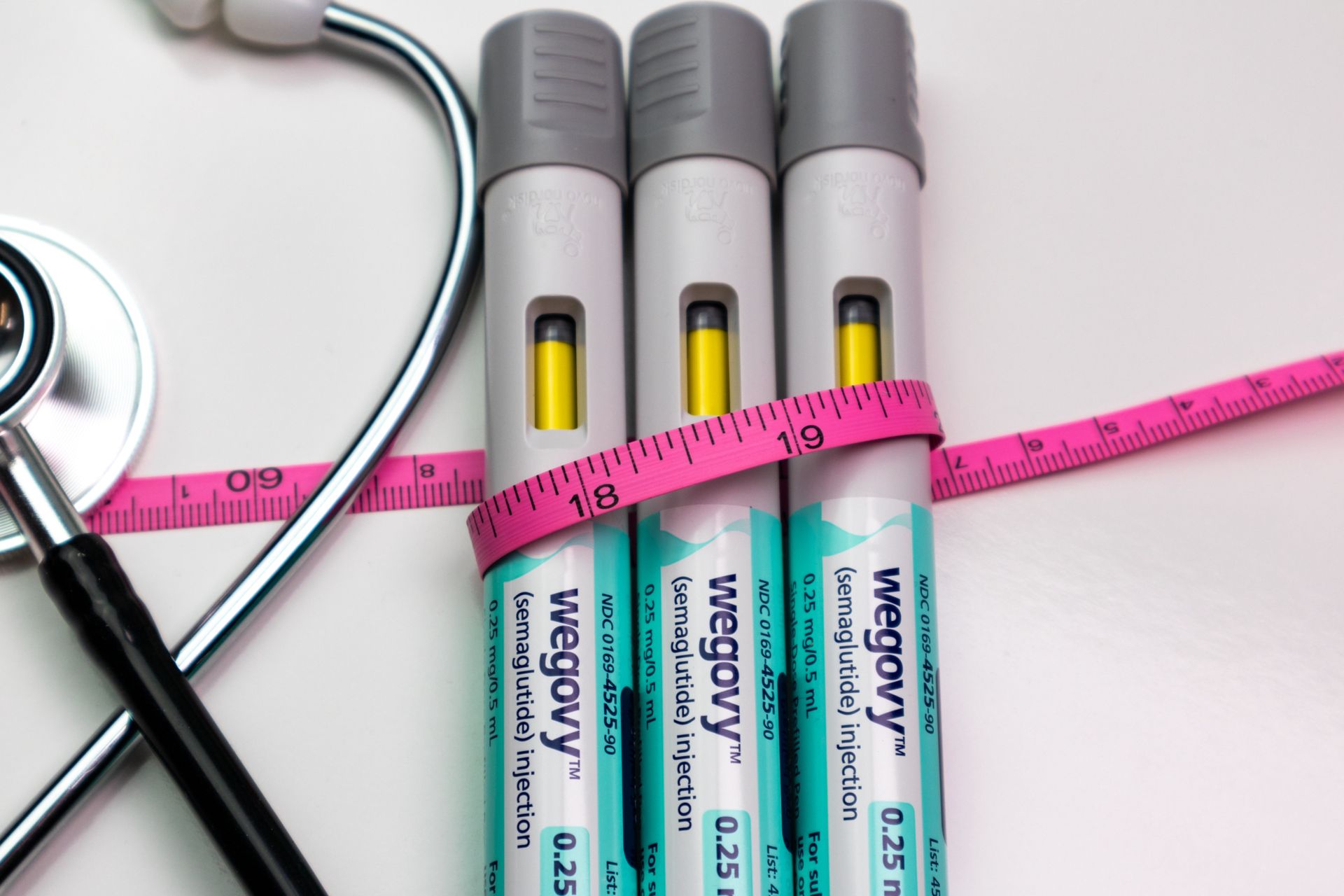

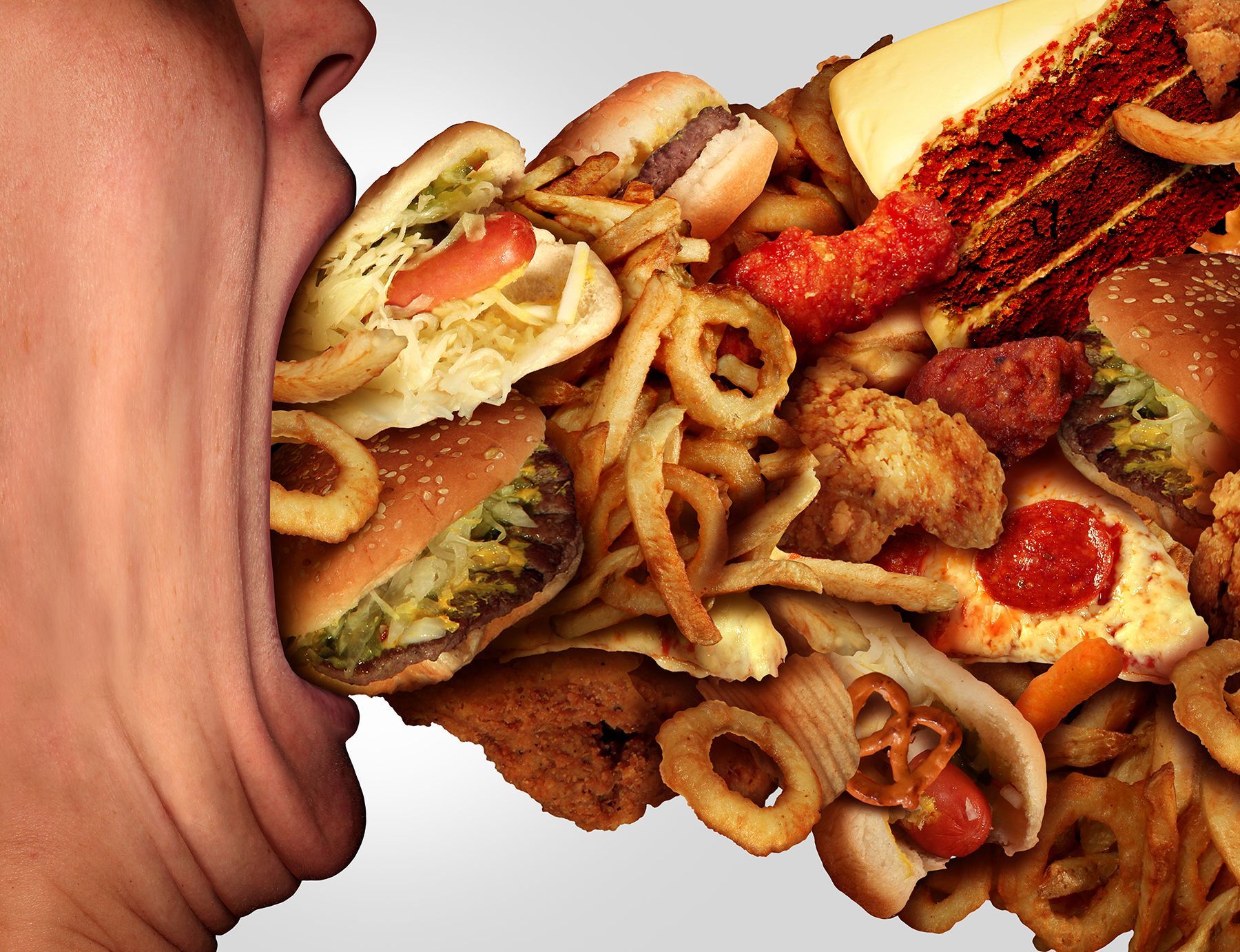
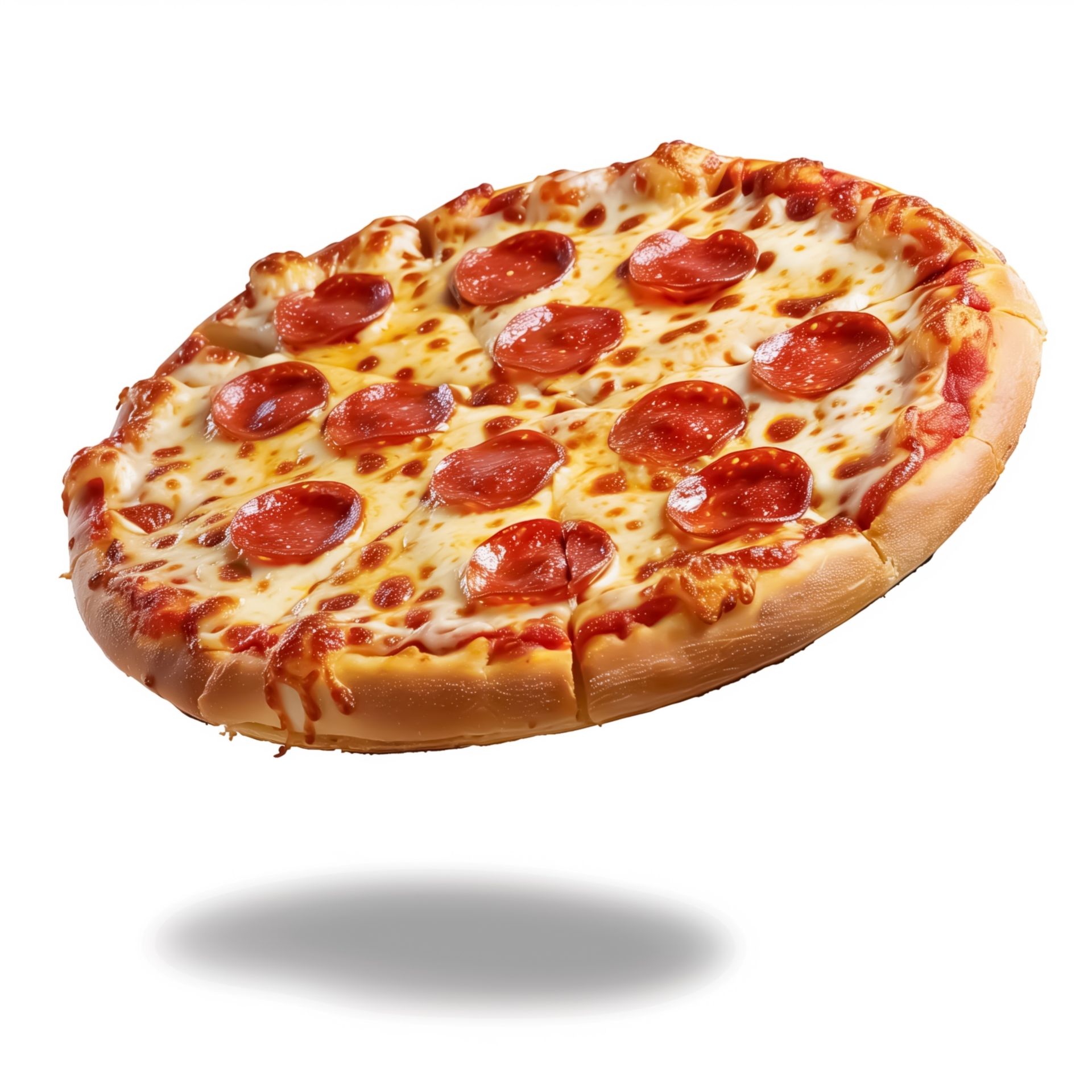
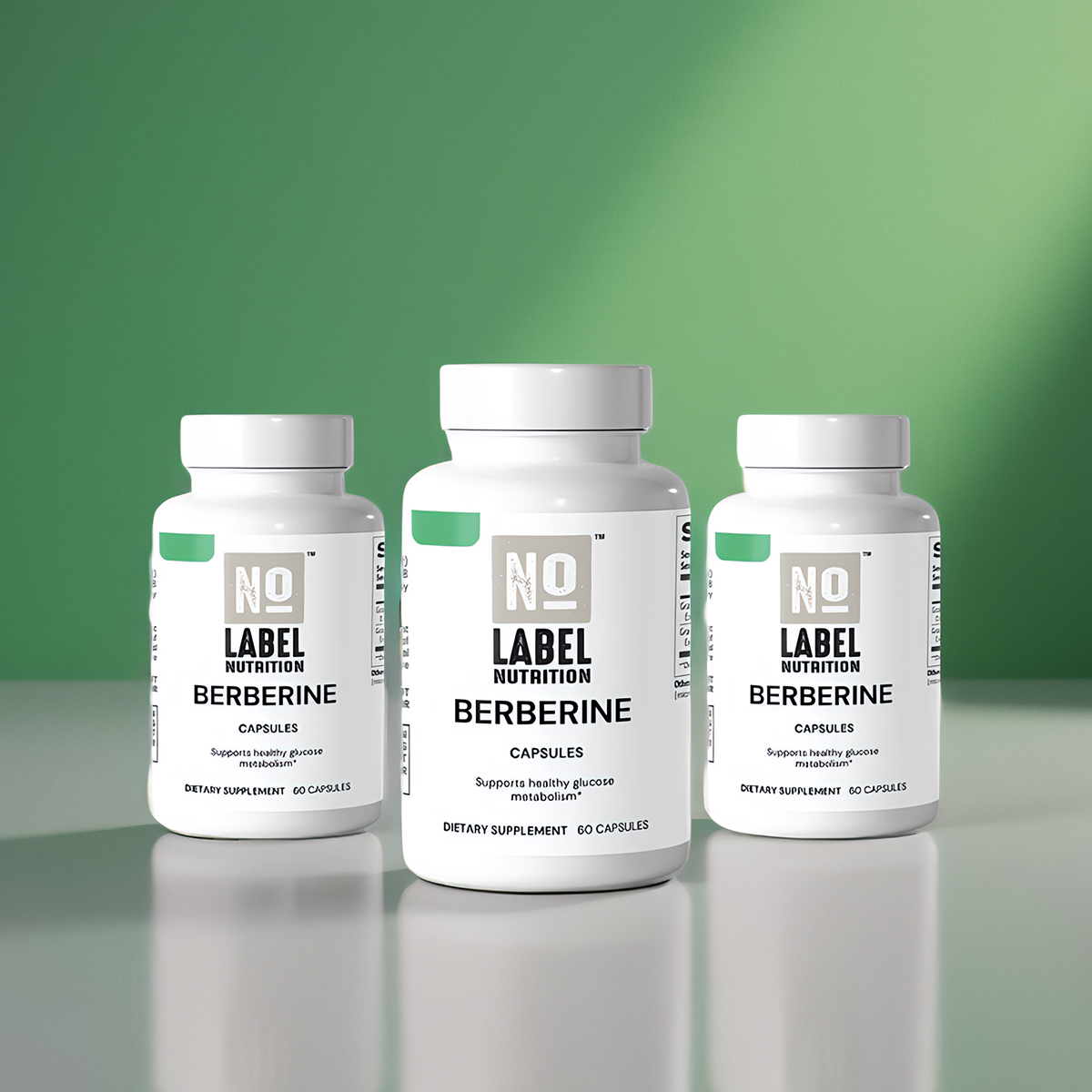




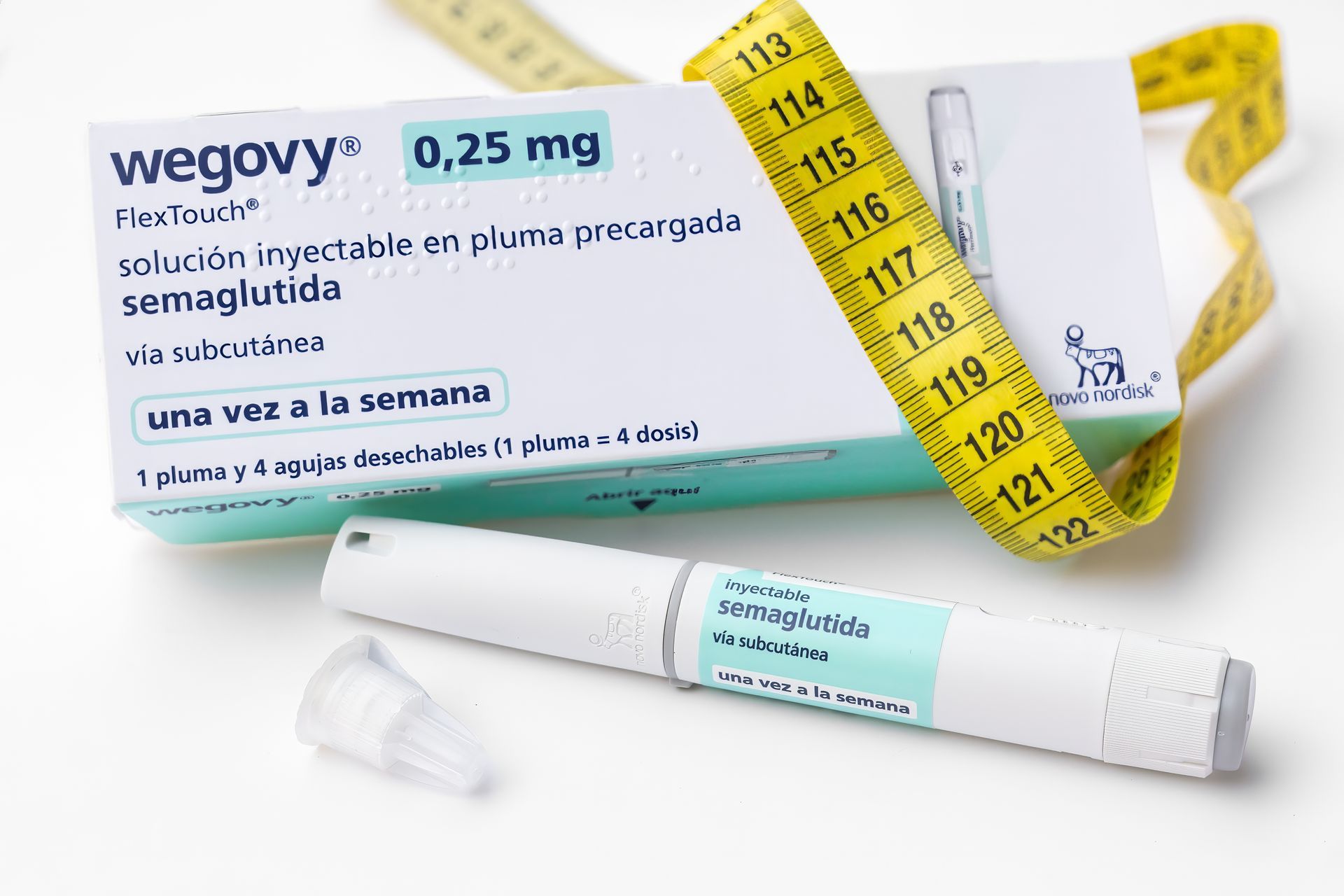
Share On: